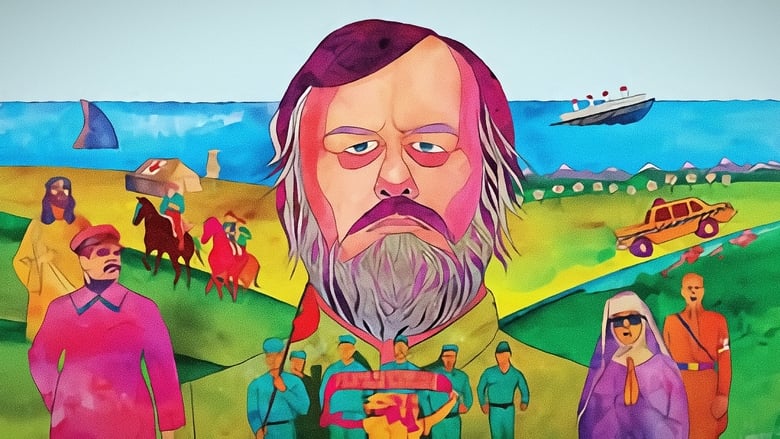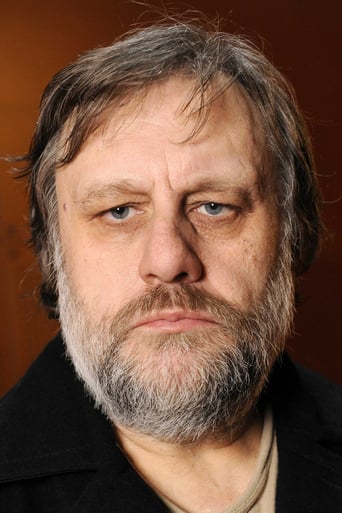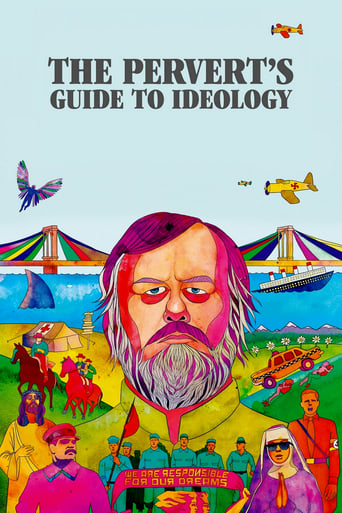
The Pervert's Guide to Ideology
November. 01,2013 RA journey into the labyrinthine heart of ideology, which shapes and justifies both collective and personal beliefs and practices: with an infectious zeal and voracious appetite for popular culture, Slovenian philosopher and psychoanalyst Slavoj Žižek analyzes several of the most important films in the history of cinema to explain how cinematic narrative helps to reinforce prevailing ethics and political ideas.
Similar titles
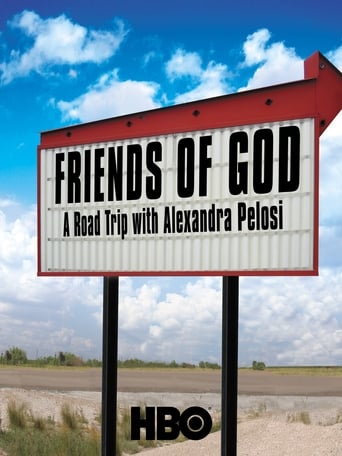

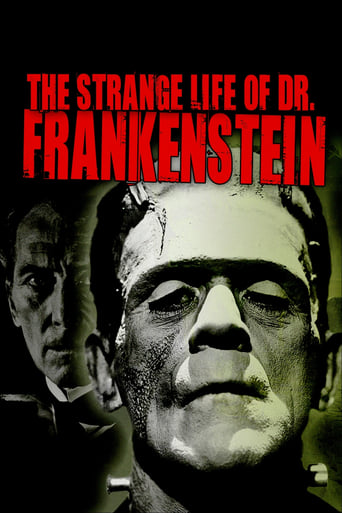
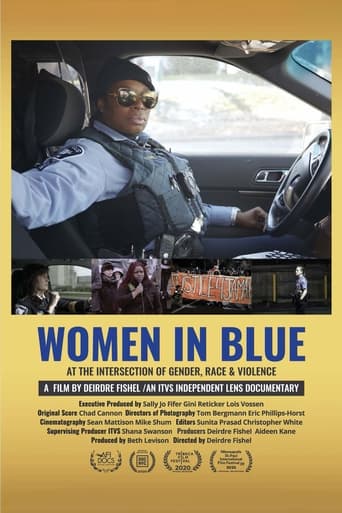



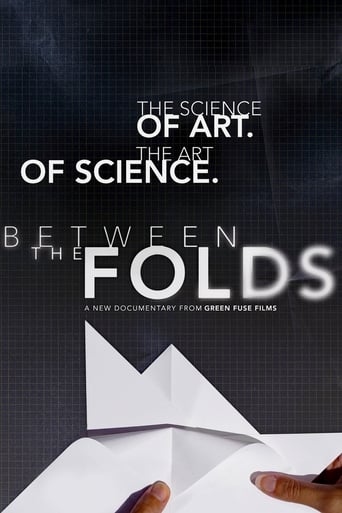


You May Also Like

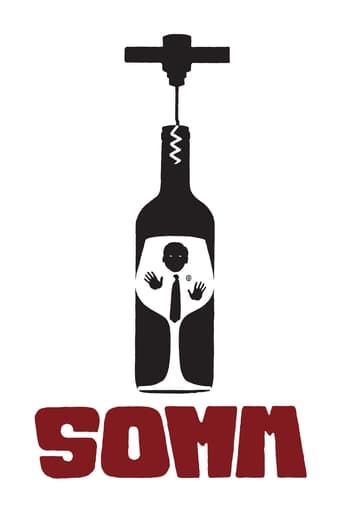
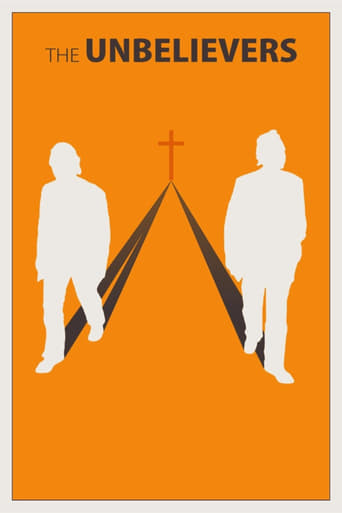





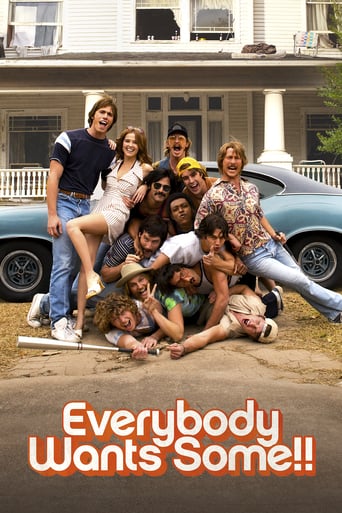
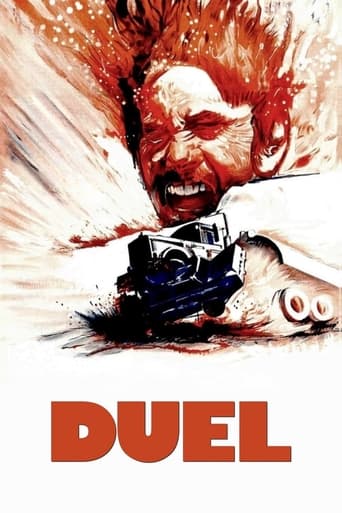
Reviews
I think this is a new genre that they're all sort of working their way through it and haven't got all the kinks worked out yet but it's a genre that works for me.
Excellent adaptation.
A film with more than the usual spoiler issues. Talking about it in any detail feels akin to handing you a gift-wrapped present and saying, "I hope you like it -- It's a thriller about a diabolical secret experiment."
This film is so real. It treats its characters with so much care and sensitivity.
Sophie Fiennes' film, 'The Pervert's Guide To Ideology', is essentially just an illustrated lecture, given by Slovenian philosopher Slavoj Zizek. The illustrations come from the movies, but in the main, Zizek isn't interested in the ideologies of the film makers - rather, he uses selections from the films' content as illustrative of the processes of real life, and the ideology he is interested in is not Nazism, or communism, but rather the way we all frame our own lives, and the universal themes linking our need for and use of such frames. Some of this universalist framework comes from psychoanalysis, although Zizek's Freudian perspective only really manifests itself in occasional unproven assertions that the it is the analytic process that has revealed the truth. Finnes shoots this well, and Zivek is intermittently interesting, but overall, the message is both highbrow and yet strangely unrevalatory; I found it hard to understand what I was meant to take away from this film, or in other words, what the film's own ideological case actually was. It's almost better enjoyed as a simple piece of discursive criticism than a coherent (or, for want of a better word, we might say "ideological") discussion of ideology.
This guide is also highly rated in comparison with the film guide. Although abstracted in more to the theory and the world of ideas, than to the movies again it introduces us to the field of film art by already well known manner.I dare say that the selection of movies here is better. Some movies and directors that were missed in the previous guide were caught up and the final result is quite satisfactory. The opposition, which this time Zizek introduces to us is between free choice and hidden orders, which implicitly enshrined in its variants. Making a kind of circular proof, starting from one place and returning again to the starting position, the modern philosopher has moved us a step forward in iconic films concerning the relationship of the nondescript subject and revealing over him multiple authorities. In this mental shift The Castle of Kafka was moved to Brazil, The Taxi Driver dispensed justice, Titanic was named the edge of the abyss, which does not divide the love of the two lovers, but rather immortalises it, attempts to live another life were made, possibly away from a career in the army and so on, and so forth.Slovenian humor on an abstract level. Mitigating the impact of Freud to raise that of Marx and Lacan. Reveals us the opportunity for a new way to watch every film, being critical of the surrounding habitat and to remain fully authentic. Ladies and gentle man - Zizek!http://vihrenmitevmovies.blogspot.com/
For those of you who saw: "The Perverts Guide to Cinema", the first answer you'll want is no, Slavoj Zizek's near-impenetrable accent and lisp has not improved. Occasionally, the film will throw sub- titles on the screen to assist in understanding Zizek's musings on the devotion humans have to various "isms" and how they related to very early (Hitler's "Triumph of the Will") and very recent (Nolan's equally unrealistic "The Dark Knight). Presumably one can turn on the closed captioning feature on their laptop and it would be a great help. Once you get past this communication hurdle you'll hear Zizek cover a fair amount of obvious ground - "The Triumph of the Will", "The Last Temptation of Christ" and "Full Metal Jacket" have clear and unambiguous agendas which their audiences came to see. More Trojan Horse offerings make for more interesting discussions. Kudos to Zizek for leading with and praising the wildly underrated "They Live" John Carpenter's condemnation of modern consumer society. In other cases, say "Titanic" his argument that it contains a coherent agenda seems stretched and in others - particularly Taxi Driver (which is a study of the decent into madness in an insane environment) - his contention of it being an ideological argument seems to miss the mark. In short, not as interesting as his review of the psychoanalytic elements of, particularly Hitchock, movies from the original "Perverts Guide" but of interest to the cinephile.
In Marx Reloaded, Zizek's previous film, this hyperactive Slovenian philosopher was forced to share the screen with some of the world's most clued-up thinkers. It was a great thought-provoking spectacle, full of provocative statements (including his definition of communism as "a world where everyone is allowed to dwell in their own stupidity"). But for me Zizek works best in the company of others. Let him loose, as does Fiennes here, with the freedom to write a script which I felt at times she was struggling to follow, and the insights dry up pretty soon. I wasn't made to think here. And frankly the title was a bit lame - why not call it "A Pervert's Guide to Cinema 2"? Since the formula is exactly the same as the previous film Fiennes directed him in. The sketches in which Zizek appears in locations from famous movies (The Sound of Music was my favorite) are relentless, and at over 2 hours needed reigning in. I mostly enjoyed it, but only as a silly romp. I took nothing away from the cinema except a belly full of popcorn.
Top Streaming Movies











